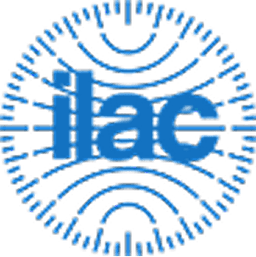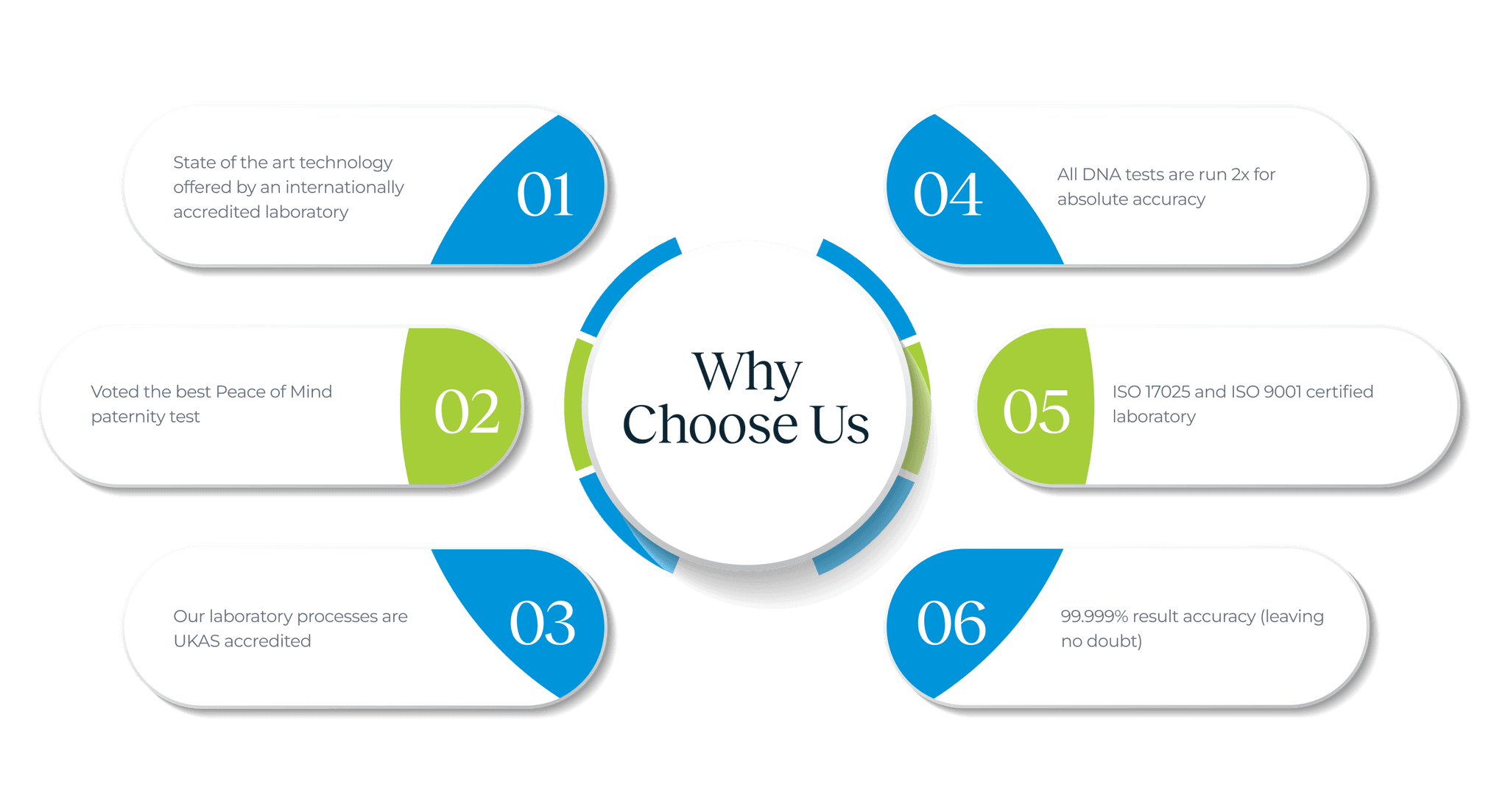




ABOUT US
Smart DNA is a leading DNA testing centre based in Lagos, Nigeria. We provide fully accredited DNA testing services to clients in accordance with the highest international standards.
Formed in partnership with some of the preeminent Biotechnology companies and labs in the world, Smart DNA offers the most comprehensive sets of DNA tests in Nigeria. Our DNA tests have been recognized by the NCBI, the most important genetic organisation in the world.

Ready to Schedule a Test
Personal Paternity DNA Test
Our peace of mind test is the surest way to find out if you are the true biological father of that child - fast, confidential and accurate
Learn More
Immigration DNA Test
Our lab is internationally accredited to conduct embassy approved DNA tests for immigration purposes.
Learn More
Prenatal Paternity Test
Our Prenatal Paternity DNA test can determine the father of a child starting as early as the 10th week of pregnancy
Learn More
Legal DNA Test
Get a court-admissible paternity, maternity and relationship DNA test results that meet the requirements of the court of law.
Learn More








Frequently Asked Questions
A DNA collection is quick and painless. A sterile swab is rubbed on the inside of your mouth for 20-30 seconds to collect cheek cells.
"Great and seamless process for my immigration DNA need! I love the fact they respect privacy so much and they are professional."
"My experience with Smart DNA was really good. The staff were friendly, everything felt private and professional, and I got my results on time without stress."
"I had a superb experience at their centre, right from the reception, sample collection, communication, up to the delivery timeline."
"I took the Skin DNA test and honestly I was surprised by how very detailed the results were."
"It was a great experience for me. The staff was very friendly and the process was easier than I thought. I highly recommend Smart DNA."
"Great and seamless process for my immigration DNA need! I love the fact they respect privacy so much and they are professional."
"My experience with Smart DNA was really good. The staff were friendly, everything felt private and professional, and I got my results on time without stress."
"I had a superb experience at their centre, right from the reception, sample collection, communication, up to the delivery timeline."
"I took the Skin DNA test and honestly I was surprised by how very detailed the results were."
"It was a great experience for me. The staff was very friendly and the process was easier than I thought. I highly recommend Smart DNA."
"My result was sent in earlier than promised. That alone is a good one for me. They respond to inquiries really fast too."
"I opted for their home service option. It was a seamless process. I highly recommend Smart DNA."
"When my home test kit was delivered, they provided a video guide to help me take my samples correctly. I was even scared I would still do it wrongly but their staff was courteous enough to provide extra assistance. I really like their service."
"I ordered their disease predisposition test kits. The process was seamless and the results were kind of surprising though."
"I was really particular about any center I choose for my DNA testing because of the authenticity of the result. I’m glad I chose Smart DNA."
"My result was sent in earlier than promised. That alone is a good one for me. They respond to inquiries really fast too."
"I opted for their home service option. It was a seamless process. I highly recommend Smart DNA."
"When my home test kit was delivered, they provided a video guide to help me take my samples correctly. I was even scared I would still do it wrongly but their staff was courteous enough to provide extra assistance. I really like their service."
"I ordered their disease predisposition test kits. The process was seamless and the results were kind of surprising though."
"I was really particular about any center I choose for my DNA testing because of the authenticity of the result. I’m glad I chose Smart DNA."